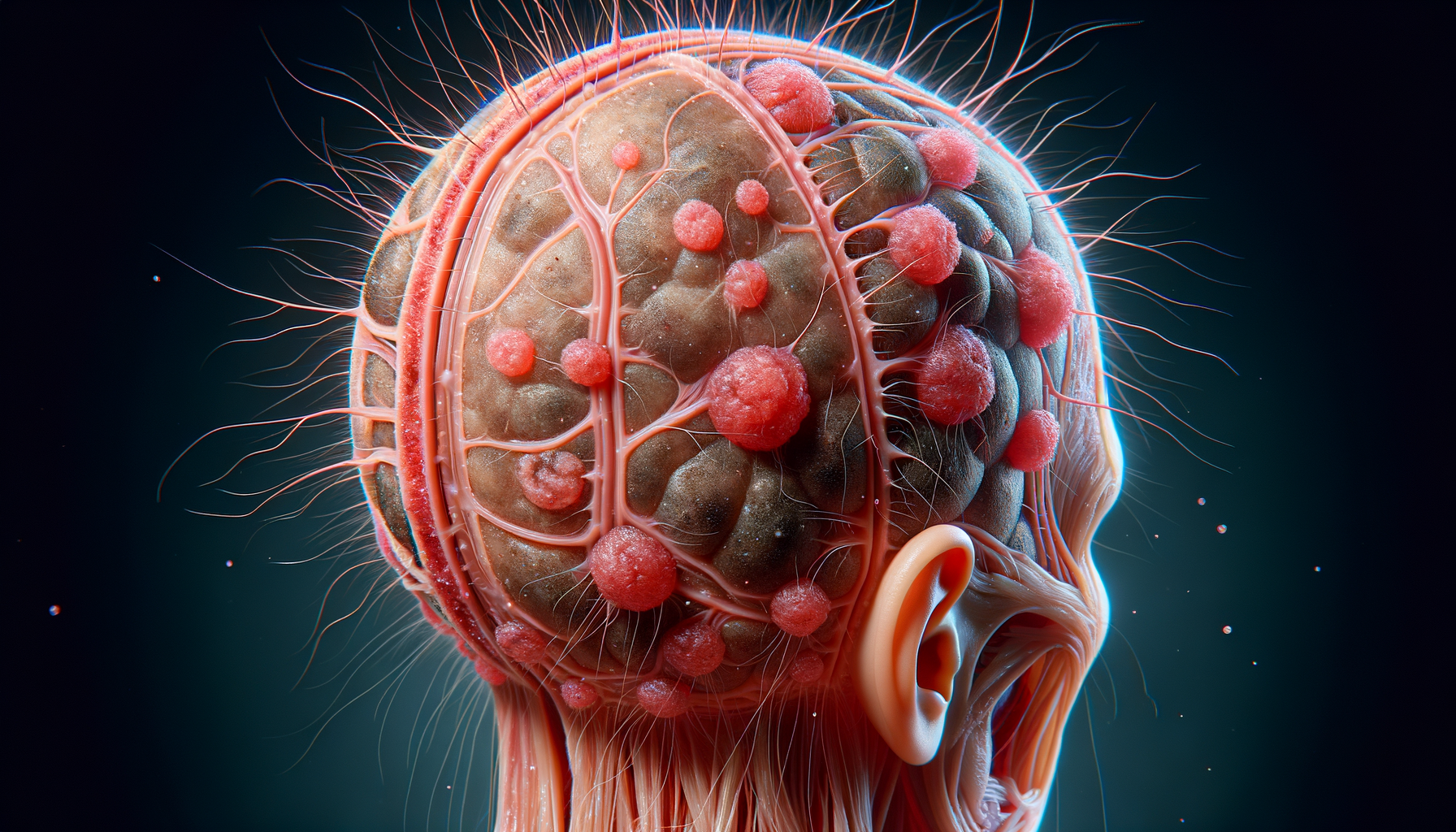Introduction to Autoimmune Diseases and Itchy Scalp
Autoimmune diseases can be perplexing and challenging to diagnose, often manifesting in unexpected ways. One such manifestation is an itchy scalp, a symptom that can be both irritating and distressing. Understanding the underlying autoimmune conditions that cause this symptom is crucial for effective management and relief. This article delves into the connection between autoimmune diseases and itchy scalp, providing insights into the causes, symptoms, and available treatments.
Common Autoimmune Diseases Linked to Itchy Scalp
Several autoimmune diseases are known to cause itchy scalp, each with its unique characteristics and impacts. Among them, psoriasis is perhaps the most well-known. Psoriasis is an autoimmune condition that accelerates the life cycle of skin cells, leading to the buildup of cells on the surface of the skin. This process results in scales and red patches that are often itchy and sometimes painful.
Another condition, seborrheic dermatitis, although not always autoimmune, can have autoimmune triggers. It causes red, scaly patches and dandruff, which can lead to an itchy scalp. Additionally, lupus, a systemic autoimmune disease, can cause scalp issues as it affects the skin, leading to rashes and irritation.
These conditions highlight the diverse nature of autoimmune diseases and their potential to impact the scalp. Understanding these diseases can help individuals recognize symptoms early and seek appropriate treatment.
Symptoms and Diagnosis
Identifying the symptoms of autoimmune diseases that cause itchy scalp is the first step toward diagnosis and treatment. Common symptoms include persistent itching, redness, flaky skin, and sometimes pain. In cases of psoriasis, one might notice silvery scales on the scalp, while lupus may present with a butterfly-shaped rash extending from the nose to the cheeks, potentially affecting the scalp as well.
Diagnosis typically involves a combination of physical examination, medical history, and laboratory tests. Dermatologists may perform a skin biopsy to confirm the presence of autoimmune activity. Blood tests can also be useful in identifying specific markers associated with autoimmune diseases.
Early diagnosis is key to managing symptoms effectively and preventing complications. If you experience persistent scalp issues, consulting a healthcare professional is advisable.
Treatment Options and Management
Treating autoimmune diseases that cause itchy scalp involves managing the underlying condition and alleviating symptoms. Topical treatments, such as corticosteroids and medicated shampoos, are commonly used to reduce inflammation and itching. In more severe cases, systemic medications like immunosuppressants may be prescribed.
Phototherapy is another option for conditions like psoriasis, where controlled exposure to ultraviolet light can help reduce symptoms. Lifestyle changes, including stress management and dietary adjustments, may also play a role in managing autoimmune conditions.
It’s important to work closely with healthcare providers to tailor a treatment plan that addresses individual needs and minimizes side effects. Regular monitoring and adjustments to the treatment plan can enhance effectiveness and improve quality of life.
Living with Autoimmune Diseases Affecting the Scalp
Living with an autoimmune disease that affects the scalp can be challenging, but with the right strategies, individuals can manage symptoms and maintain a good quality of life. Education and support are vital components of managing these conditions. Joining support groups and connecting with others facing similar challenges can provide emotional support and practical advice.
Maintaining a healthy lifestyle, including a balanced diet and regular exercise, can support overall well-being and potentially reduce flare-ups. Mindfulness practices and stress-reduction techniques, such as yoga and meditation, can also be beneficial.
Ultimately, understanding the nature of autoimmune diseases and their impact on the scalp allows individuals to take proactive steps in managing their health. With the right approach, it’s possible to live well despite the challenges these conditions present.








